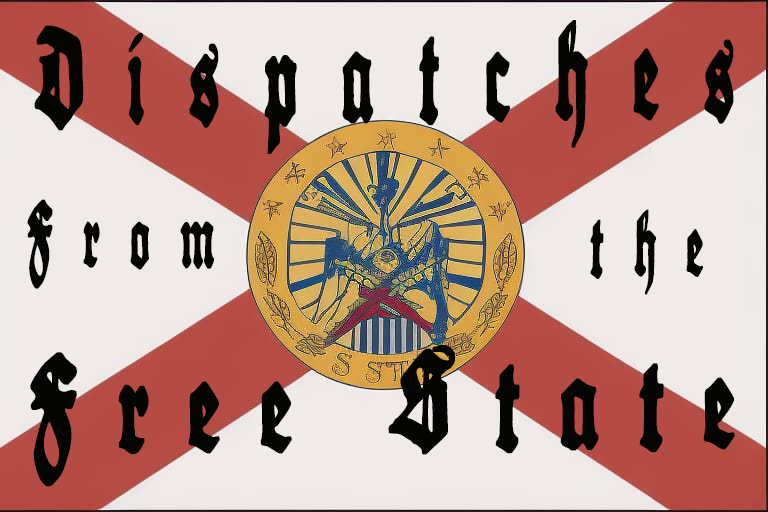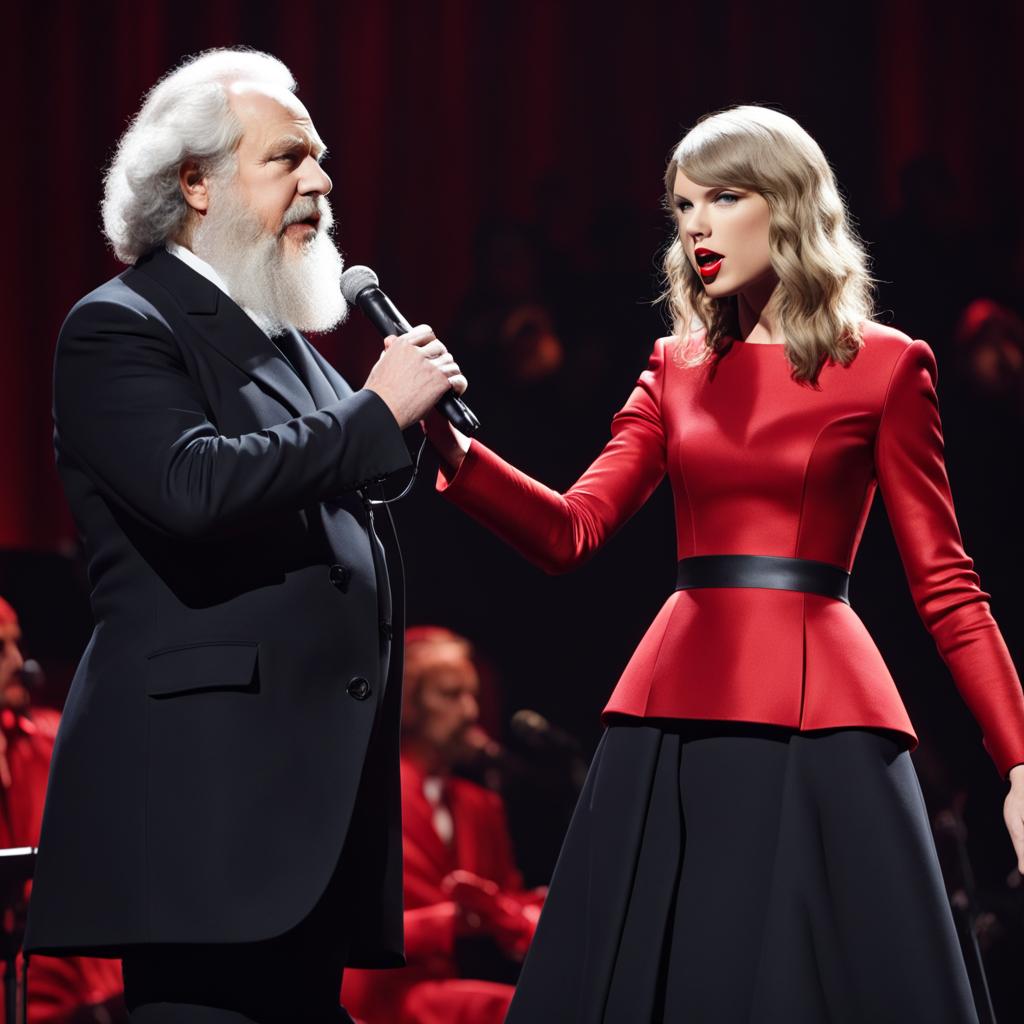MAYBE WE SHOULD STOP EXALTING PEOPLE AND START EXALTING IDEAS
I wanted to take just a few minutes to offer some thoughts on the brouhaha over Napoleon on the bicentennial of his death.
In 1985, my World History teacher Mr. Connelly recognized that I was wasting my time in his class. I was a high school sophomore, but I had been reading history books for as long as I could remember. It was my favorite subject. I digested everything I could find on the subject. The rest of the students in this basic level class were not quite so dedicated to the discipline. It didn’t take long for Mr. Connelly to act responsibly and work to place me in a higher level history class. While I waited for a change in placement (it was the eighties…this stuff wasn’t computerized yet) Mr. Connelly loaned me his leather-bound copy of Vincent Cronin’s biography of Napoleon.
I was absolutely enthralled by this amazing, charismatic figure. I devoured everything I could get my hands on about the Emperor, his family and the French Revolution in general. It’s not unfair to say that by the time I graduated high school I was pretty close to being an expert on the Revolutionary and Napoleonic Era.
So, the debate on how to treat the bicentennial of this epic figure’s last breath is of special relevance to me. It was Napoleon, no less than Mr. Connelly himself, who galvanized my love of history not just as a topic of interest, but as a discipline. It was that book that convinced me to dedicate myself to history and by extension to sociology.
Was Napoleon a hero or a villain?
With apologies, the answer is “yes.”
Napoleon is, like all important historical figures, is a mixed bag…a very mixed bag.1
I don’t want to get into the weeds on this for the sake of time and energy. Suffice it to say that Napoleon, as much as can be said of any individual, almost single-handedly pulled France from the rubble of the French Revolution into the modern age. By extension, through his military exploits and expansion, he dragged much of Europe with him.
After the Emperor’s fall, conservative elements on the continent tried to push their erstwhile principalities back into Feudalism, but post-Napoleonic Europe could never again fit into such a shallow box. The Liberal World Order and all that comes with it had taken root in fertile, albeit rocky and acidic soil left by the thundering hooves and boots of the Grand Army. Republicanism, individual rights, equality before the law, and status based on merit rather than peerage was ascendant, and there was nothing the regressives could do about it.
Furthermore, France and French culture had a global reach. Every nation on Earth was, to greater or lesser extents, shaped by the Little Corporal. Not the least of which was the fledgling United States when it acquired the Louisiana territory from the French Emperor.
All this being said, the costs of greatness were unspeakably high. Napoleon’s reign was marred by almost constant warfare. And, as Napoleon modernized much of Europe, he also modernized the military with all of modernity’s brutal, bloody efficiencies. Between 3 and 6 million people were killed as a result of the Napoleonic Wars.
While Napoleon restored stability to France after the Revolution, this too came at great cost. France under the Consulate and later the Empire was not a free society. The exalted goals of Liberty, Equality, and Fraternity espoused at the birth of the First Republic and enshrined in the Declaration of the Rights of Man and the Citizen were not respected under the upstart Emperor. Nepotism often presided over merit in the new Bonaparte Dynasty. Napoleon instituted censorship and rigid political oppression, enforced by a secret police. Under Napoleon, France holds the distinction of being the only nation to abolish slavery, only to reinstate it.

So, in the face of this mixed record, does Napoleon deserve a statue, a memorial? Should his epic but bloody life be celebrated or reviled?
I have no clear answer for this.
The debate on memorials to Confederate generals offers no real comparison. After all, the contents of the historical bag are not quite so mixed in context as is Napoleon’s contributions. Take General Robert E. Lee, for instance. I live in Lee County, named in homage to the “daring and noble” commander of Confederate forces. In school we learned about Lee’s noble bearing, his military prowess, his sense of honor as a southern gentleman. But what is his real legacy as compared to Napoleon’s? Did anything good come from General Lee’s moment in history? Can we point to anything offered by Lee that made our country better, stronger, more civilized?
General Lee had the opportunity to serve his nation and stand for a worthy, civilizing cause. He turned it down as he turned his back on his oath and his Commander in Chief. He then oversaw the deaths of hundreds of thousands of people all in the name of fighting for the preservation of slavery. He was a terrorist in every definition of the term who twice attacked American cities. The best that could be said about Robert E. Lee is that, in the end, he wasn’t willing to let his soldiers be completely slaughtered in the face of a lost cause. He was willing and able to negotiate a surrender by which his men received decent terms. In the final sum of his legacy, Lee was a regressive figure, blood stained without any redeeming accomplishment to his name
When it comes to Confederate leaders, there really should be no debate.
The matter becomes more complicated when we consider more complex figures, like George Washington or Ulysses Grant. Great figures, with great and positive accomplishments, but not without leaving a swath of destruction, blood and pathos in their wake. What do statues of these men really represent to, say, indigenous people whose lives and cultures were destroyed, or to victims of the meat grinder of modern warfare?
The problem lay in making men into monuments. We try to carve the noblest qualities of history’s great contributors into stone. However, in doing so, we invariably condone the often bloody costs upon which many of these contributions rest.
Perhaps the problem rests in trying to make history’s heroes out to be more than the great but flawed individuals they were. We are trying to memorialize the particular virtues that each represents, but often fall short in the face of the victims of these virtues. Is there a way to memorialize the contributions we admire without having to enshrine the pathos and pain so associated? Is there a way for us to commemorate the ideas and values that we admire, that we see in our heroes? Perhaps we should stop exalting people and find ways to enshrine the ideas we have in mind when we mythologize historical figures.
Columbus accomplished a great feat in creating a sustained network between the world’s great land masses. This is undoubtedly true. That this network was tempered in blood and slavery and horrors the echoes of which have lasted more than half a millennia is also true. If Columbus becomes the icon of the former, he must also represent the latter–especially in the eyes of those victimized by the perpetual structures he put into place.
So do figures like Napoleon, or Elizabeth I, Columbus, or Washington deserve statues in their honor?
I don’t know.
I do believe, however, that if we are to memorialize the contributions of these complex figures, then their victims should have something to say about how that is done.
- I guess this is true of everyone, whether they make history or not.







Leave a comment